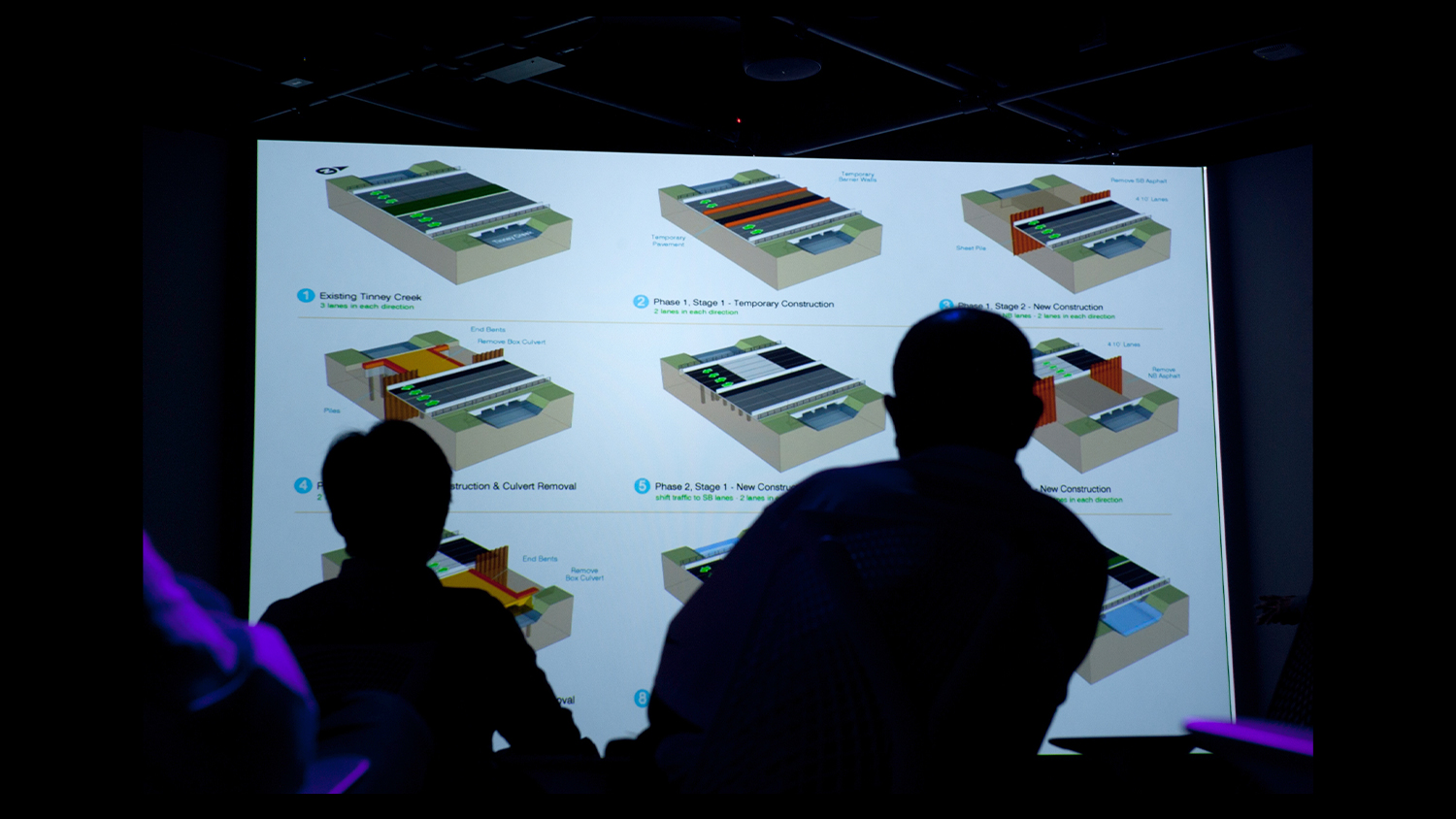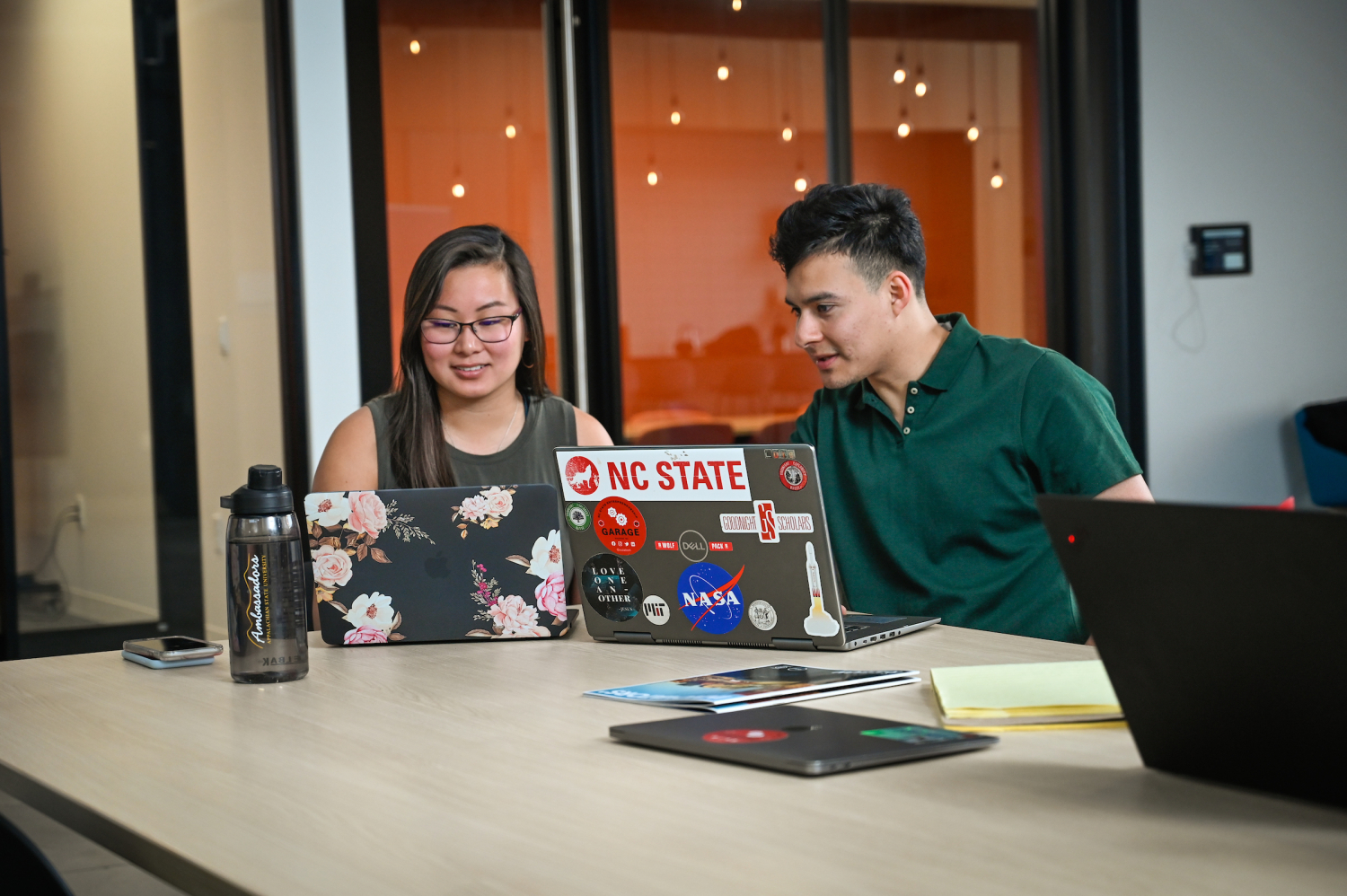CIMS Meeting Focus: Integrating Digital Transformation

Registration is now open for the Center for Innovation Management Studies (CIMS) 2016 Annual Meeting, focusing on “How to Make Digital Transformation a Reality for your Firm.”
The meeting will be held November 30, 7:30 a.m. to 5:15 p.m. at the Research Triangle Park Foundation Headquarters, 12 Davis Drive in Research Triangle Park, N.C.
Digital transformation changes how firms operate, create value and generate revenues by improving and enabling new types of innovation, creativity and business systems. Industry and university presenters at this meeting will:
- Define a value proposition for new digital service offerings,
- Identify the value network and ecosystem required to deliver a value proposition,
- Develop the competence-base needed for implementation,
- Manage the complexity associated with change program, and
- Share challenges and lessons learned from other firms that have completed their own digital transformation.
The overall goal of the presentations is to teach participants how to successfully implement digital transformation so their organizations can gain additional competitive advantages.
Following are the speakers and their topics.
Session One (includes breakfast)
- College welcome by Annette Ranft, dean and Stephen P. Zelnak Jr. Chair, NC State Poole College of Management, and program opening remarks by Paul Mugge, director, Center for Innovation Management Studies
- “How Data Analytics is Changing the Audit Profession; This Can Happen to You,” Scott Showalter, professor of practice, NC State Poole College of Management Department of Accounting
Session Two (includes lunch)
- “Driving Digital Transformation in Retail Stores,” Kirk Goldman, executive director, strategy and business solutions, Toshiba Global Commerce Solutions
- “Identifying and Using Patterns to Make Digital Transformation More Effective,” Gerhard Gudergan, department head, business transformation, Institute for Industrial Management, RWTH Aachen University
- “The Power of the CIMS Network – Member Benefits to the International Association of Innovation Professionals (IAOIP),” Brett Trusko, IAOIOP and assistant professor, head, Innovation Center, Texas A&M University.
Session Three
- “Trust and the Customer Engagement in the Sharing Economy,” Rosanna Garcia, Innovation + Design Chancellor’s Faculty of Excellence Cluster, NC State Poole College of Management Department of Business Management
- “What’s the Impact of People, Process and Culture to Big Digital Data & Analytic Visualization Technology Transformation?,” Colleen Jenkins, director, U.S. Education Practice, SAS
- “Evolution of Data Driven Decision-Making at NC State University,” Michael Kowolenko, principal research scholar, NC State Institute for Next Generation IT Systems
- “How Large Corporations are Using B Corporation Assessment to Drive Innovation,” Jessica Thomas, director, Business Sustainability Collaborative and lecturer, NC State Poole College of Management Department of Management, Innovation and Entrepreneurship
Session Four (includes a break)
- “How to Harness Social Analytics for Increased Business Insights,” William Rand, assistant professor, NC State Poole College of Management, Department of Business Management
- “What You Have Will Work: How Cisco is Enabling Digital Transformation,” Shaun Sweeney, IT manager, Cisco Systems
Participants may register for one or more sessions. View the complete agenda and registration details. View registration and other details.
About CIMS
The Center for Innovation Management Studies (CIMS) is a global, virtual research center based in the NC State University Poole College of Management. This industry/university cooperative research program focuses on how to manage innovation and is dedicated to fostering a collaborative environment among scholars, researchers, and business executives.
CIMS works closely with industry leaders and university researchers to identify new ways of increasing top-line growth – whether through new business models, processes, services or product innovations. – cims.ncsu.edu


